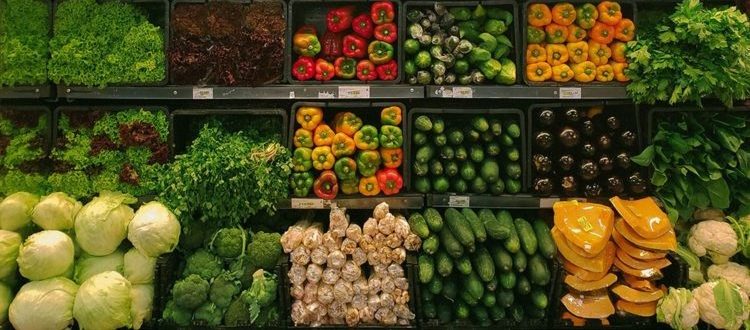The truth about panic
Stephen Reicher, Bishop Wardlaw Professor from the School of Psychology and Neuroscience, writes about panic and human behaviour in a crisis in this article for UK Research and Innovation (UKR).
His research focusses on the issues of group behaviour and the individual-social relationship. More specifically, Professor Reicher’s recent research can be grouped into three areas. The first is an attempt to develop a model of crowd action that accounts for both social determination and social change. The second concerns the construction of social categories through language and action. The third concerns political rhetoric and mass mobilisation – especially around the issue of national identity.
This article originally appeared on the UK Research and Innovation (UKRI) website, Tuesday 31 March 2020

Human reactions to a crisis range from selfishness to cooperation. A task of crisis management is to minimise competition for limited resources and encourage cooperation by creating a sense of shared identity. Stories that suggest people are acting for themselves without thought for others – such as reports of ‘panic buying’ – undermine community and cooperation in responding to an emergency.
Films, TV and the media typically portray panic as being the normal response in a crisis. People are shown acting blindly and thoughtlessly, potentially endangering the survival of all. Today, empty supermarket shelves are shown as examples of ‘panic buying’ in response to the current coronavirus outbreak.

Shared identity and mutual help in disasters
But behavioural research reveals a more balanced picture of what happens in crises. Of course, some people will act selfishly. But we also see remarkable examples of thoughtfulness and cooperation. Equally, people do not act blindly, but in a way that is orderly and governed by social norms.
Counterintuitively, studies of responses to disasters reveal that people are more likely to be harmed because they have under reacted, ignoring danger signals until it is too late, than because they have over reacted. Indeed, the concept of ‘panic’ has largely been abandoned by scientists since it neither describes nor explains what people do in extreme situations. Instead, the focus has shifted to looking at what makes people respond best in a crisis; what allows people to work with each other rather than against each other in response to a crisis.
Research shows that a key factor is shared identity, of being ‘all in it together’. This leads people to be concerned and care for others. To some extent, this emerges naturally from the shared experience of being in a crisis situation.
Undermining shared identity and the re-emergence of selfishness
But shared identity is fragile and far from inevitable. It can be encouraged by addressing the public in collective terms and by urging us to act for the common good. It is reinforced by clear and comprehensive information.
On the other hand, the sense of shared identity can be undermined by representing others as competitors. This is what happens with stories of ‘panic buying’ and images of empty shelves, which suggest that other people are only looking out for themselves. Other people then feel that they too will lose out unless they behave in the same way.
For people who are preparing for weeks of potential isolation, or even just 14 days in the case of families, stocking up seems a sensible precaution, given what they are being told. It is unhelpful to depict their sensible preparation as ‘panic buying’.
Media stories that employ the language of panic, and of ‘panic buying’ more specifically, are actively harmful. They help create the very phenomenon that they purport to condemn. They help create the selfishness and competitiveness that turns sensible preparations into the dysfunctional purchase of a year’s supply of toilet rolls.
The conclusion is clear: encourage partnership in responding to disasters; provide clear and comprehensive information about what is happening; give assurances about the supply of essential goods; and certainly don’t say ‘panic’.
You can read the full article on the UKRI website.
Professor Stephen Reicher is available for media interviews. All requests should be made via the Press Office in the first instance.